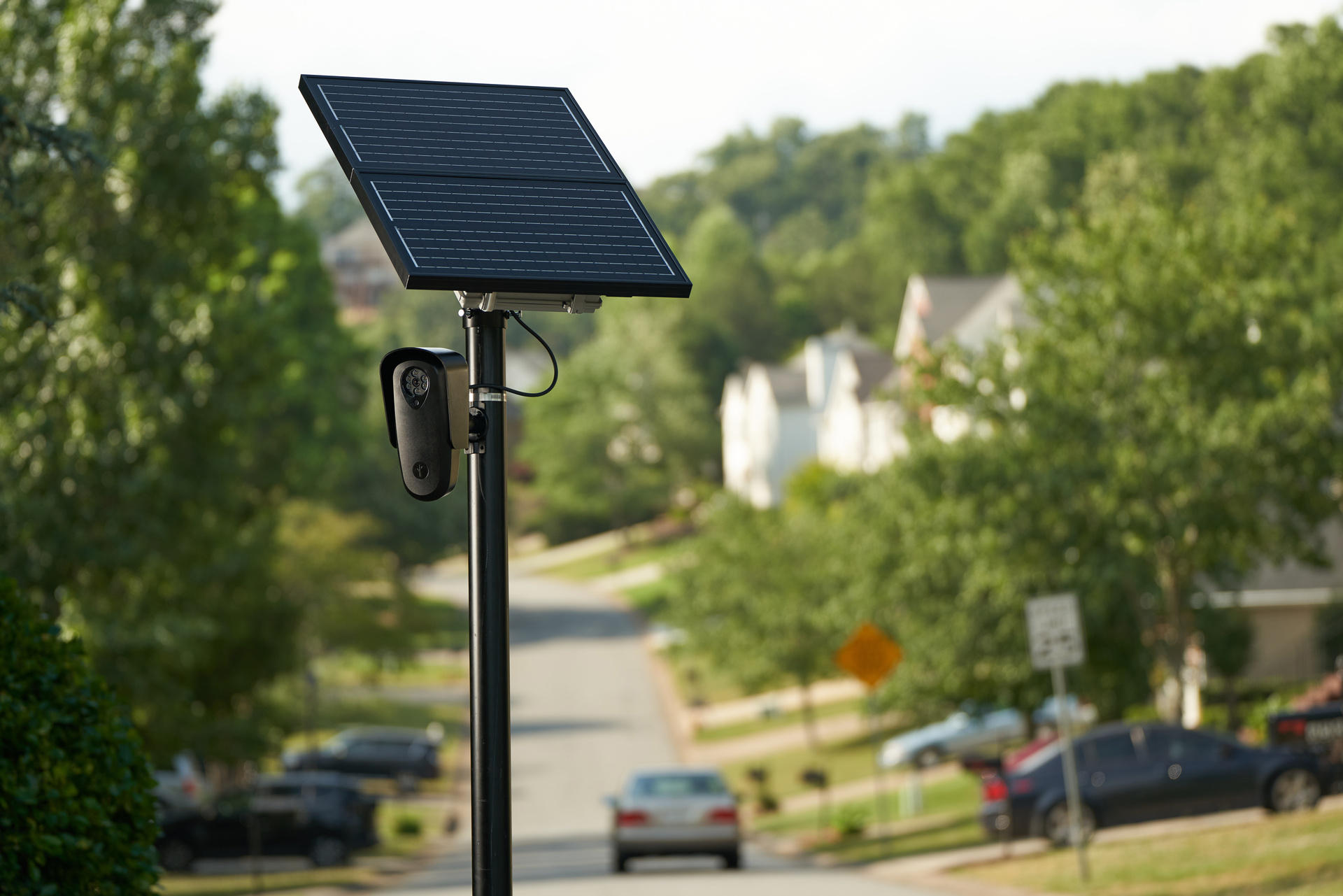C
hestnut Hill Realty is still putting Flock Safety license‑plate readers into operation in South Brookline, but the Brookline Police Department has not yet decided whether it can tap the real‑time data stream.
At a Tuesday meeting of the Select Board—the town’s five‑member executive body—members discussed, but did not vote on, a memorandum of understanding (MOU) that would let police receive data from the cameras. More than a dozen residents spoke out against the agreement.
Brookline.News had earlier reported that the real‑estate firm planned to buy the cameras and share the footage with police as a “crime deterrent,” according to Jennifer Murphy, the company’s chief operating officer. Police Chief Jennifer Paster described the deal as a “no‑brainer” for law enforcement, yet it has drawn sharp criticism from elected officials, residents and the ACLU.
Critics focus on Flock’s record: the company has worked with U.S. Immigration and Customs Enforcement, and there are fears that federal agents could access Brookline data. They also worry about mass surveillance and the potential misuse of the technology.
Despite the vocal opposition, Select Board members agreed that the Board cannot stop Chestnut Hill Realty from installing the readers or from sharing data with any law‑enforcement agency nationwide. Murphy reiterated that the data would be shared only with local police, specifically Brookline and Boston departments, and that the initiative “reflects our ongoing commitment to community safety and collaboration with local officials, while maintaining strong privacy protections for all residents.”
Town Meeting, Brookline’s legislative branch, may have the authority to ban private companies from installing license‑plate readers. Town Administrator Charles Carey noted that several members have already discussed legislation to prevent the technology’s use, but a local bylaw governing private use may not survive legal scrutiny.
With no immediate way to regulate the installation, the Select Board is now debating how police should use the data. The police department and Flock have proposed an agreement that would give the department real‑time alerts when a vehicle on its “hot list” passes a camera. Chief Paster said this could help locate open warrants, stolen cars or vehicles involved in Amber Alerts, citing recent mailbox thefts near Putterham Circle as an example. The department has drafted a policy to govern data use.
Board members were split on approving the MOU. Paul Warren urged the Board to support the chief’s request for data access, while John VanScoyoc said it would be “irresponsible” not to use the available information and called for a policy that protects civil liberties.
Three other members—Bernard Greene, David Pearlman and Michael Rubenstein—expressed concerns. Greene called the technology “invasive surveillance” and warned that it could be accessed by “scary people.” Rubenstein questioned whether the town should participate in Flock’s business model, and Pearlman noted that while Flock claims Chestnut Hill Realty owns the data, the MOU states that Flock “retains all right, title and interest” and can use it “for any purpose.” The wording gave Pearlman pause.
Public comments added to the opposition. Town Meeting member Amy Newell said Brookline should not do business with Flock, citing the company’s reinstallation of cameras in Evanston, Illinois, after local authorities removed them for cooperating with federal immigration agencies. Cambridge recently asked Flock to shut down cameras while officials investigated the company’s practices. Newell warned that signing an agreement would “aid and abet the expansion of a nationwide surveillance network by what is obviously a bad actor.”
Resident David Butcher argued that the town should not use AI surveillance services offered as a gift by a private real‑estate company. Alec Lebovitz quoted an ACLU Massachusetts lawyer’s letter, which warned that the MOU would give Flock “unlimited authority to use data collected from Brookline for any purpose whatever without oversight or restriction.”
Massachusetts Senate Majority Leader Cindy Creem, who represents Brookline, has previously proposed legislation to limit the use of license‑plate readers. She said that while such tools can aid public safety, they also pose significant risks to civil liberties and privacy, especially for immigrants and historically over‑surveilled populations.
The board plans to revisit the MOU at a future meeting after reviewing Tuesday’s input. Members hope Chestnut Hill Realty will send a representative next time the issue is considered. Board Chair Greene cited a quote from Flock’s CEO that the company’s goal is to end all crime in the United States, and warned that “where has that been accomplished? North Korea,” asking whether Brookline wants to be like that.













